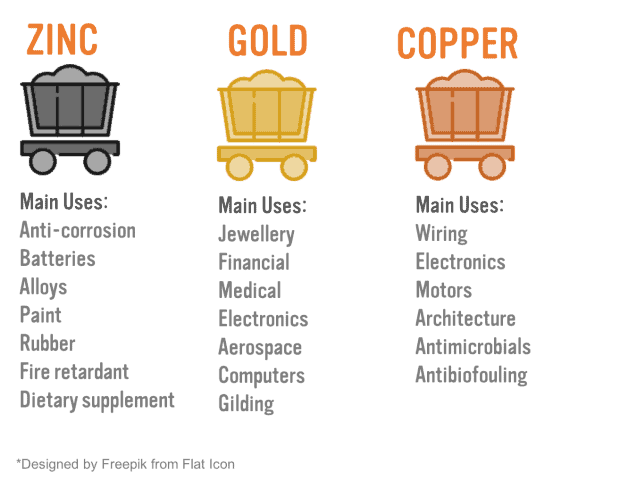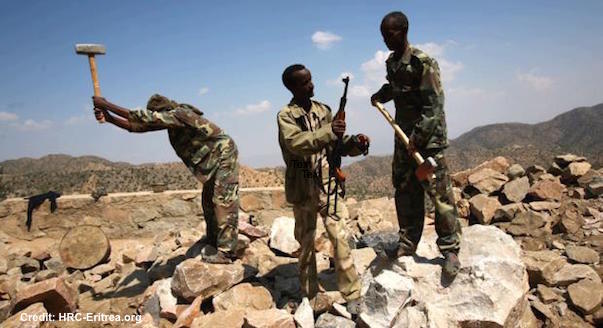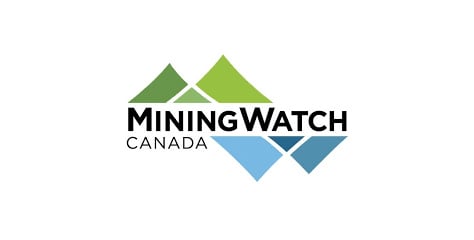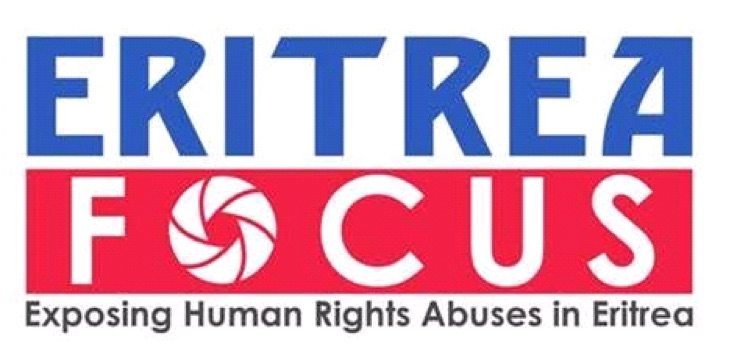Solomon, 29: alleges that he was subjected to months of being followed and intimidated by government agents at the mines after a series of minor workplace disputes with his superiors and other workers. Solomon says he was abducted at gunpoint from Bisha mine, thrown into solitary confinement, tortured with electric shocks and beatings, and accused of being a spy.
Kidane, 37: After his father died and he was refused permission to attend a religious memorial ceremony, Kidane left the mine without permission and went into hiding for four months. He was punished with two months’ imprisonment. On another occasion, when he failed to recognize a government figure at the checkpoint, he was imprisoned for two months in solitary confinement.
Aman, 32: said he was conscripted by the army when he was 20 and assigned to work at Segen, an Eritrean government construction firm. He claimed he was sent to Bisha mine, hundreds of kilometers from his family, in 2009. “Life was very harsh,” he said. “There were sandstorms 24 hours [a day], the temperature was 38C [100F] or 40C. We never had full stomachs. My work was constant.”
These are just a snippet of the stories that are being told by Eritreans working at the Bisha mine*, majority-owned by Nevsun Resources Ltd – a Canadian Mining company listed on the Toronto Stock Exchange. Nevsun operates the Bisha mine and subcontracts work there to a state-run company Segen Construction Company – known to make extensive use of conscript labor from the national service program.
Nevsun chose to set up mining operations near Asmara, Eritrea in 2008 in order to mine copper, zinc and gold – despite the widespread concern of human rights abuses perpetrated by the government against its own people. In fact, just recently a UN commission found that the government is guilty of committing “systematic, widespread, and gross human rights violations.”1 Nevsun is one of the only international businesses operating in Eritrea, paying the government billions of dollars.2
There have been repeated allegations of the use of forced conscript labor, propped up by intimidation, abuse and torture since construction began at the mine. Nevsun has either denied the existence of forced labor, or denied responsibility for it – whilst continuing to profit and even expand Bisha’s operations without truly addressing it.
The Supreme Court of British Columbia, Canada, has granted the right to take Nevsun to trial over potential abuses in Eritrea – a landmark ruling. Right now, as the case against Nevsun will go ahead, we can also take action and ensure that big business does not profit from slavery.
Stand with the Eritrean forced labor survivors suing Nevsun and call on the government of Eritrea to end its system of forced conscript labor.





Make your voice heard
Comment
44
Share this petition